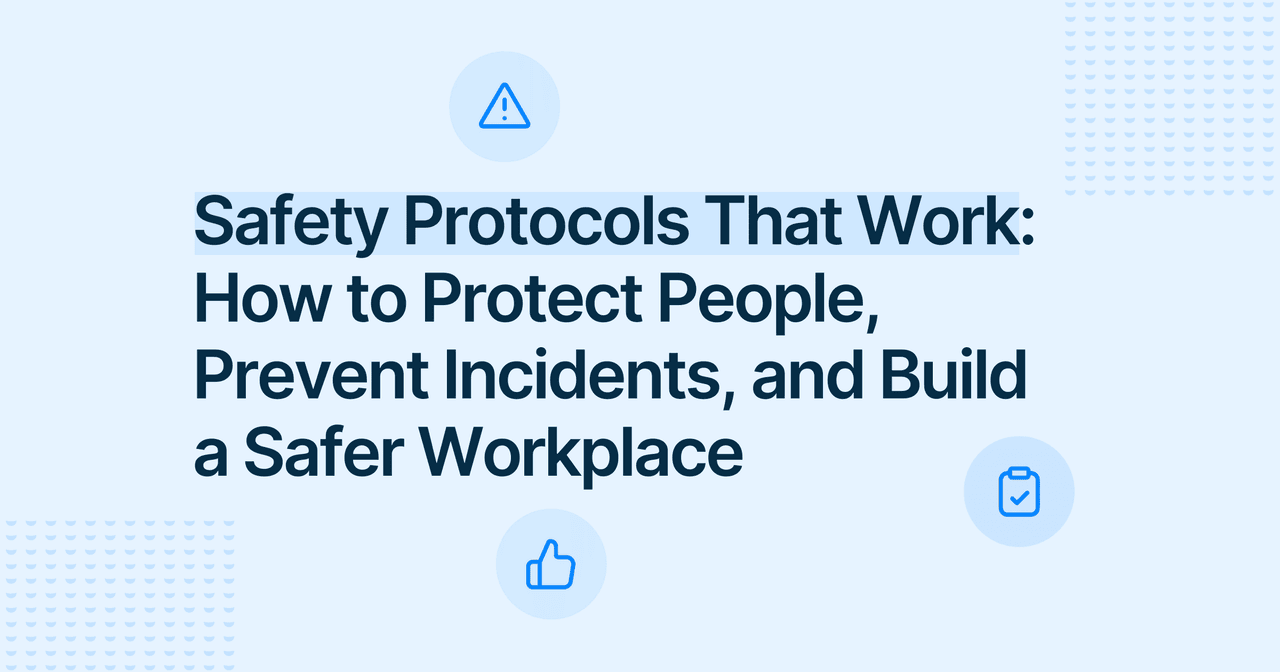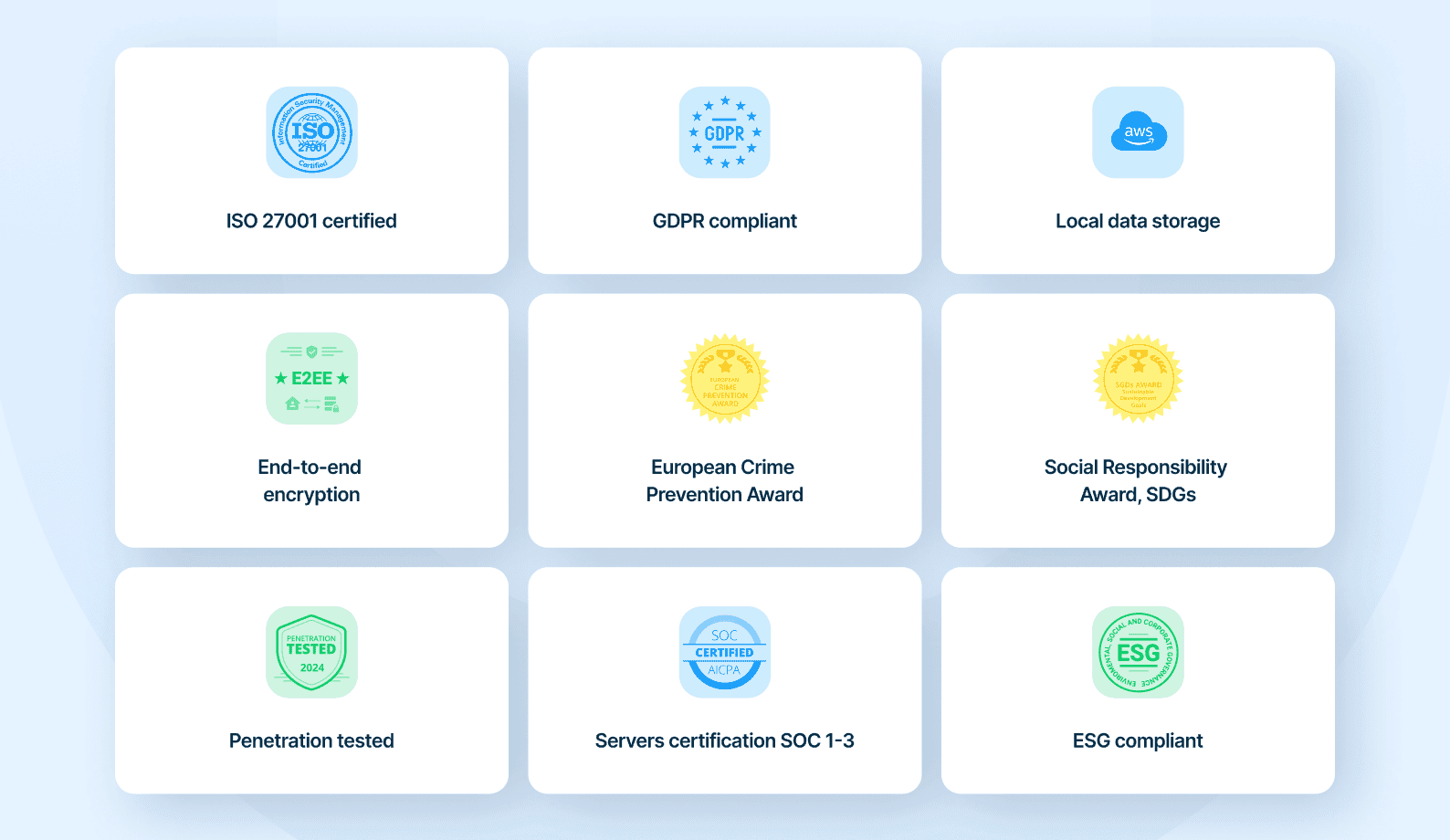Embracing a New Era of Whistleblowing and Empowerment in Africa
Other

Ry Hallada
Content Manager
Published
2024-02-18
Reading time
6 min


Table of contents
Subscribe to our newsletter
In countries like Africa, with diverse cultural and legal environments, the need for a shift toward open communication and employee empowerment is paramount. With a rich background in business, law, and workplace ethics, Okot Olaa’s role is pivotal in establishing FaceUp as more than just a whistleblowing software company but a vehicle for promoting a culture of transparency and integrity within African organizations. In this interview, Okot discusses the transformative impact of FaceUp's technology on tackling crucial issues like workplace harassment, employee whistleblowing, and reporting channels across the African continent.
1) Can you provide more insight into FaceUp's background, particularly its global operations and its presence in Africa?
Over the last 7 years, FaceUp has become a global technology company in over 55 countries. Our mission is to empower organizations all over the world with the tools to effectively embrace a culture of speaking up while offering innovative solutions for whistleblowing. This year, FaceUp is committed to growing its footprint in Africa which is driven by a commitment to enhancing transparency and accountability in schools and organizations across the continent. Africa holds a unique place in FaceUp's history, as it was there that we secured our inaugural client, ADvTECH, South Africa's leading education firm.
2) What problem is FaceUp addressing in Africa?
FaceUp aims to foster a new culture in which organizations listen to, care for, and support their employees.
While the key issue in many workplaces is the limited legal protection and potential retaliation against those subjected to abuse, there is also a glaring lack of channels for reporting sensitive issues. Our goal is to address these challenges by creating a platform that ensures the safety and anonymity of whistleblowers.
FaceUp’s mission connects with the African philosophy of Ubuntu, which translates to "I am because we are," emphasizing collective care and responsibility.
3) What types of sensitive issues can an organization expect to receive from its employees through FaceUp?
Concerns vary from one organization to another; for instance, schools may primarily address bullying, whereas manufacturing companies might focus more on workplace safety issues.
Businesses are generally trying to combat fraud or theft through whistleblowing and needless to say, sexual harassment remains a glaring issue in most workplaces. At FaceUp, we are committed to creating a platform equipped to handle a variety of issues through multiple forms of expression. Users can text, speak, take photos, or share documents, depending on the situation.
Get in touch with Okot Olaa to arrange a free consultation to see how FaceUp reporting tool can help in your organization.
4) How does FaceUp ensure the anonymity and safety of individuals who choose to report sensitive issues through the platform, especially considering the fear of potential retaliation?
We recognize the real worries people have about possible retaliation when they report sensitive issues. To understand how we ensure their safety, we can examine it from two perspectives:
Firstly, to maintain anonymity, we never require personal information such as names at any point. We also deploy several features such as voice filters, End-to-End Encryption (E2EE) technology, and key codes for follow-up so the reporter is assured that their identity is protected.
Secondly, FaceUp is compliant with GDPR and ISO certifications, ensuring top-tier data protection standards. We regularly verify our security through penetration tests. These measures are strictly for the company's benefit; not even FaceUp has access to the reports.
5) Given the diverse needs in Africa, how does FaceUp customize its reporting systems to cater to the specific needs and contexts of different companies, organizations, and schools?
Something that sets FaceUp apart is that it’s completely customizable down to the smallest detail. An appointed administrator from the company, with only fundamental computing skills, can effortlessly set up the entire system in under 15 minutes.
In addition, we’ve expanded FaceUp to accommodate companies operating internationally or with staff speaking multiple languages, providing support for over 113 language options.
6) What impact do you envision FaceUp bringing to the culture surrounding the reporting of sensitive issues?
Revisiting the principle of Ubuntu, we recognize that African societies are inherently communal, valuing a culture of mutual care. However, the dynamics within professional environments differ significantly due to high stakes.
By providing a secure and anonymous platform for reporting, FaceUp aims to dismantle barriers such as fear and stigma. Our goal is to cultivate an environment where individuals feel both encouraged and supported in reporting sensitive issues.
7) After integrating the reporting systems within a company, how does FaceUp engage in ongoing collaboration to ensure effective utilization of the platform?
FaceUp is with the client throughout their whole journey. We’ve established a dedicated department focused solely on client support. We provide a dedicated customer success manager to address any inquiries whether the need is for technical assistance or design guidance.
8) How does FaceUp deal with different laws in African countries to make sure it follows the rules and protects both the people who report issues and those being reported, especially when laws change from one place to another?
FaceUp ensures proactive legal compliance and ethical practices wherever we operate. In Europe for example, we observed a problem of speaking up in workplaces and tried to address it - even before implementing a speaking-up system was mandated by European law.
There have been encouraging legal advancements in countries such as Uganda, Kenya, and South Africa in recent years. At FaceUp, we are committed to vigilant monitoring and updating of our systems to stay in sync with legislative changes across the diverse legal environments of Africa.
9) As a technology company, how will you deal with the challenges of technological accessibility on a continent where this remains a big issue?
At a design level, FaceUp is built for everyone. It even includes a hotline system for those who are unable to use the app. We’re also considering the integration of USSD functions that are incredibly popular in Africa.
We are inspired by people like Mo Ibrahim, who despite negative opinions and advice in the 1990s, started Celtel, a successful telecom company in Africa, to provide a way for people to communicate more easily. Africa’s smartphone prevalence has steadily increased over the past 5 years and we believe this is the perfect time to offer accessibility and support alongside this rising trend.
10) What are FaceUp's future plans, especially in enhancing the platform's ability to navigate the changing landscape of whistleblowing and reporting within Africa?
We are deeply committed to supporting African organizations across the continent, from schools to factories and mines. We focus on helping them surface and address their challenges, fostering a safer and more transparent environment for all.
In the end, it is all about the impact we can make. We recognize the existing demand for accountability and integrity in Africa and we hope as the ‘software’ generation we will be influential in bringing this positive change to life.
Keep Reading

Alaa El-Shaarawi2026-02-108 min
Employment Law Violations: Common Cases, Legal Risks, and How to Report Them
Legal & Compliance

Alaa El-Shaarawi2026-02-098 min
Physical Safety in the Workplace: PPE, Risk Prevention, and Legal Responsibilities
Workplace Environment

Marie Roland2026-02-033 min
Transform HR Operations and Employee Engagement with Rippling + FaceUp
Workplace Environment

Alaa El-Shaarawi2026-02-029 min
Safety Protocols That Work: How to Protect People, Prevent Incidents, and Build a Safer Workplace
Workplace Environment




